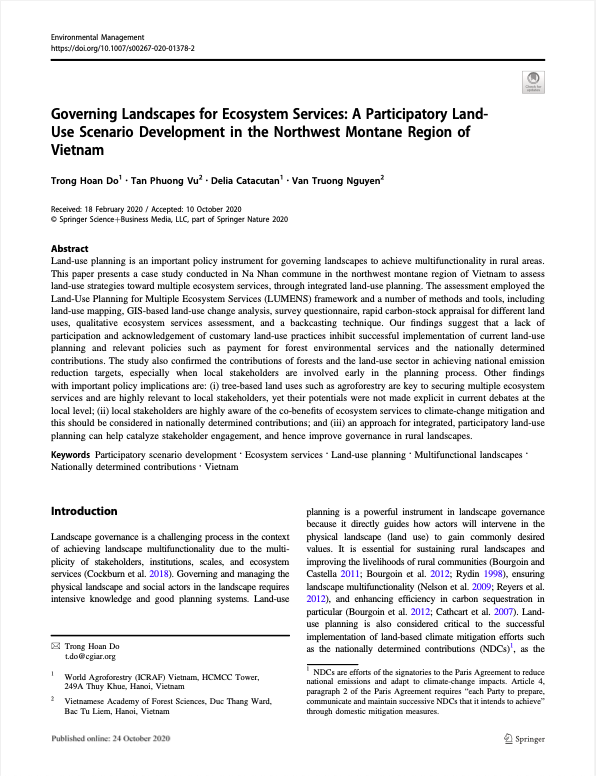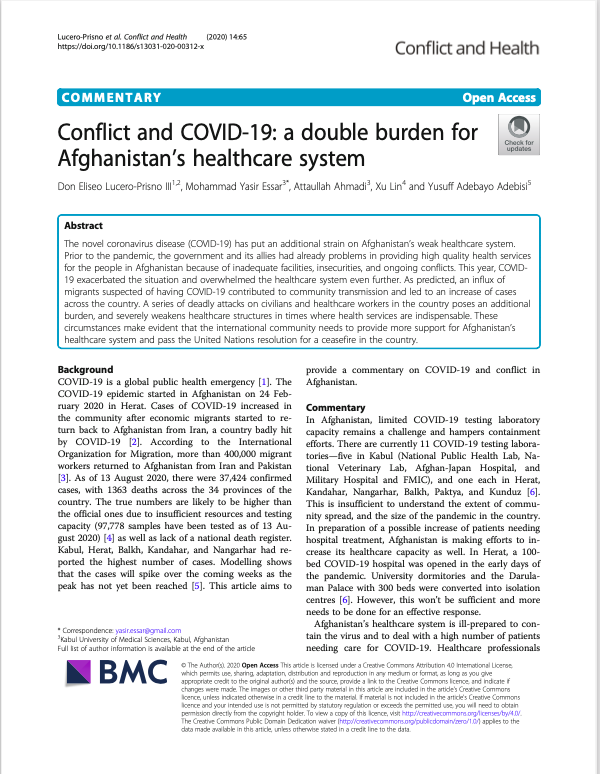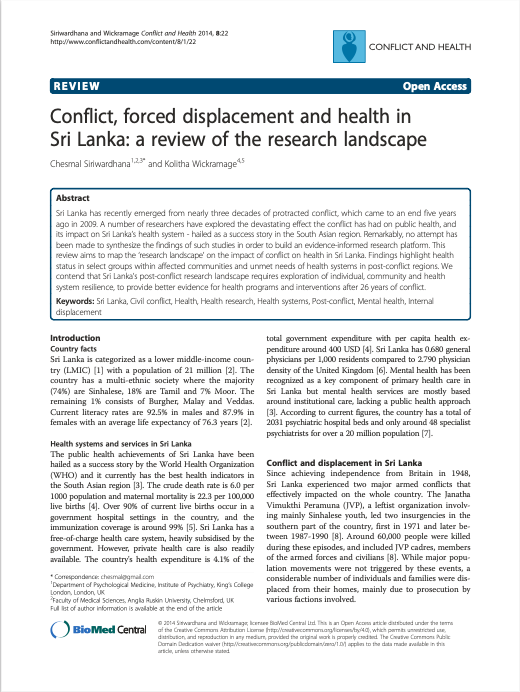Location
Springer Nature is an academic publishing company created by the May 2015 merger of Springer Science+Business Media and Holtzbrinck Publishing Group's Nature Publishing Group, Palgrave Macmillan, and Macmillan Education.
Springer Nature aims to advance discovery by publishing robust and insightful science, supporting the development of new areas of research and making ideas and knowledge accessible around the world.
Members:
Resources
Displaying 1 - 5 of 6Sandstorms and desertification in Mongolia, an example of future climate events: a review
As global temperatures continue to increase and human activities continue to expand, many countries and regions are witnessing the consequences of global climate change. Mongolia, a nomadic and picturesque landlocked country, has battled with ongoing desertification, recurring droughts, and increasingly frequent sandstorms in recent decades. Here we review the abrupt changes in the climate regime of Mongolia over the recent few decades, by focusing on atmospheric events, land degradation and desertification issues, and the resulted sandstorms.
Governing Landscapes for Ecosystem Services: A Participatory Land- Use Scenario Development in the Northwest Montane Region of Vietnam
Land-use planning is an important policy instrument for governing landscapes to achieve multifunctionality in rural areas. This paper presents a case study conducted in Na Nhan commune in the northwest montane region of Vietnam to assess land-use strategies toward multiple ecosystem services, through integrated land-use planning.
Conflict and COVID-19: a double burden for Afghanistan’s healthcare system
The novel coronavirus disease (COVID-19) has put an additional strain on Afghanistan’s weak healthcare system. Prior to the pandemic, the government and its allies had already problems in providing high quality health services for the people in Afghanistan because of inadequate facilities, insecurities, and ongoing conflicts. This year, COVID- 19 exacerbated the situation and overwhelmed the healthcare system even further. As predicted, an influx of migrants suspected of having COVID-19 contributed to community transmission and led to an increase of cases across the country.
Is Land Ownership a Key Factor in the Choice of Livelihood in the Mekong Delta, Vietnam?
Our main objective in this research was to examine the role of land ownership in the choice of household livelihood in the rural Mekong Delta region, Vietnam. Using secondary data on rural households in the Mekong Delta region, we use cluster analysis techniques to classify livelihoods currently adopted by rural households. Using Bonferroni pairwise tests and quantile functions (Pen’s parades), we then compare the income levels of identified livelihoods. Finally, we employ a multinomial logit model to examine different factors affecting the choice of livelihoods.
Conflict, forced displacement and health in Sri Lanka: a review of the research landscape
Sri Lanka has recently emerged from nearly three decades of protracted conflict, which came to an end five years ago in 2009. A number of researchers have explored the devastating effect the conflict has had on public health, and its impact on Sri Lanka’s health system - hailed as a success story in the South Asian region. Remarkably, no attempt has been made to synthesize the findings of such studies in order to build an evidence-informed research platform. This review aims to map the ‘research landscape’ on the impact of conflict on health in Sri Lanka.





